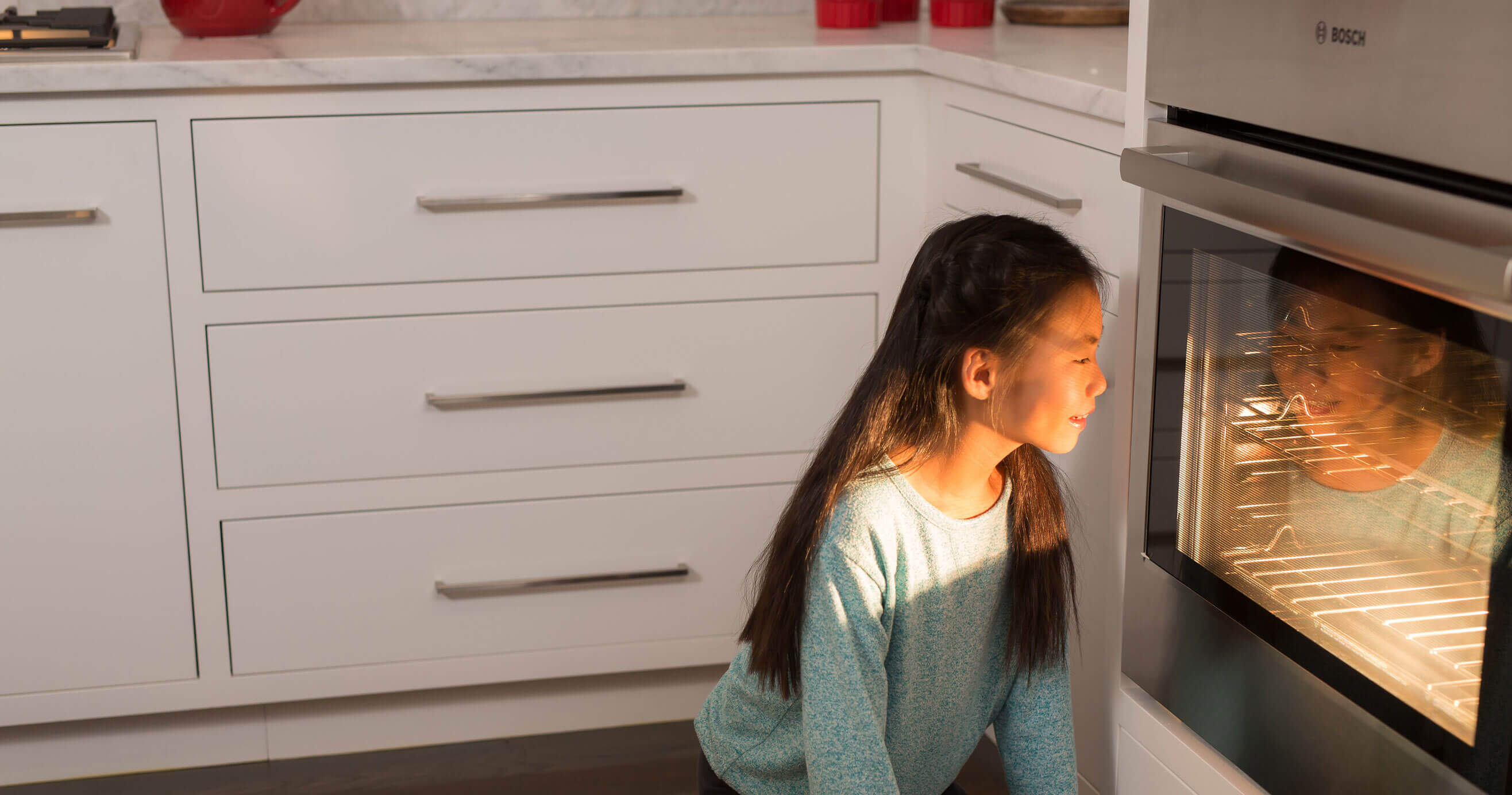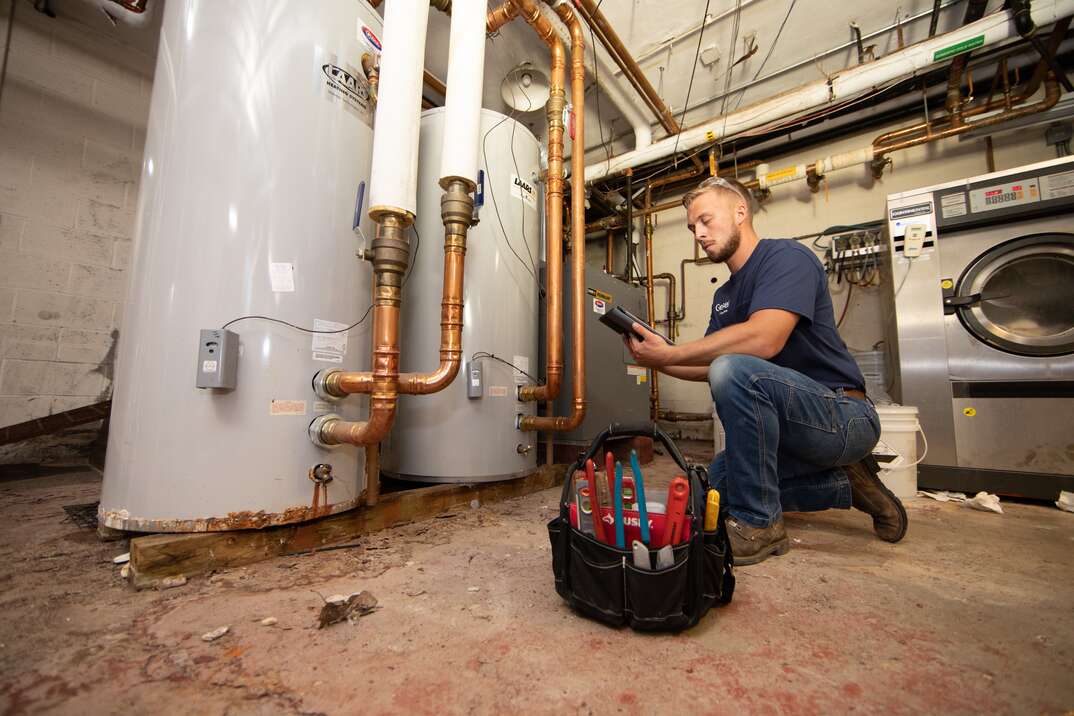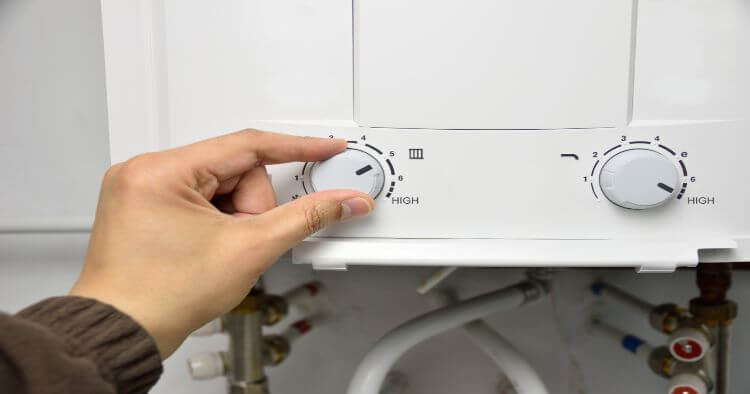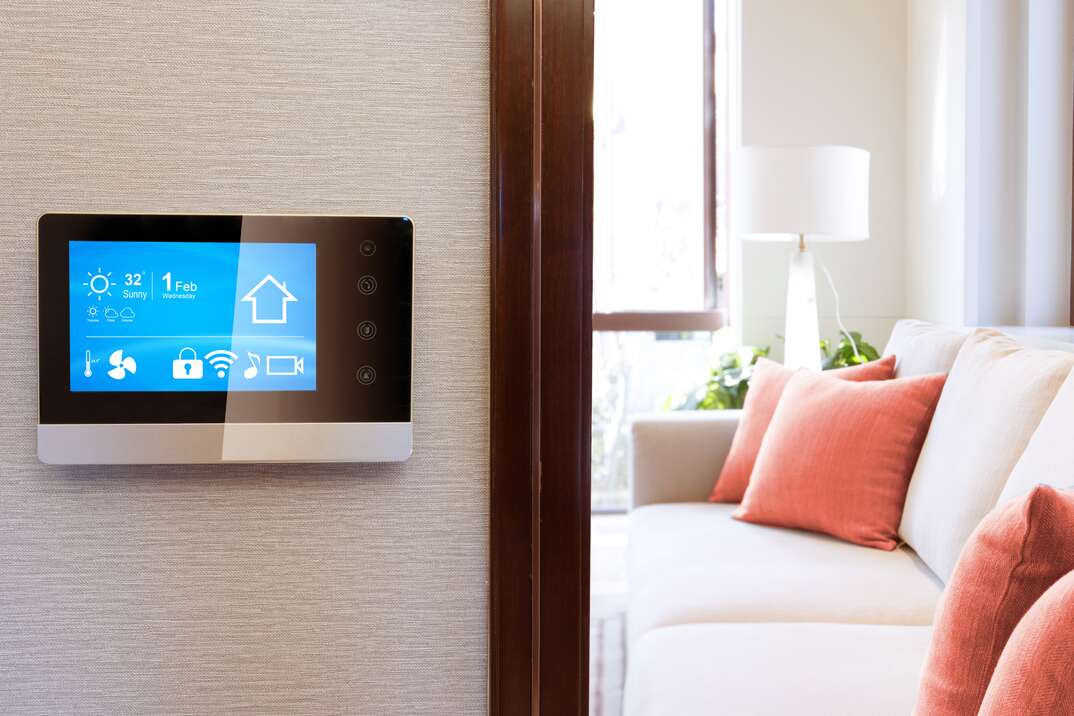The 411 on Home Generators

Experiencing a power outage is a huge inconvenience. Having a few easy solutions for when the power goes out is always a good idea. But having a home generator to get the electricity going again is ideal.
If you're thinking of investing in a home generator, here's everything you need to know:
What is a home generator?
Home generators supply the backup power that keeps your electricity running during outages. Whether the blackouts are caused by severe weather, fallen trees, downed power lines or utility failures, home generators help eliminate the inconveniences power outages create.
Home generators can provide backup power during short- and long-term blackouts, allowing you to continue using essential appliances and lights. High-wattage generators can even power your entire home rather than just select items.
Why do you need one?
To determine if a generator is a sensible purchase for your home, consider how likely you might use it. If you live in an area prone to severe thunderstorms or natural disasters, owning a home generator is a smart way to prepare for potential power outages. With this backup power, you'll be able to charge your electronics, prevent refrigerated food from spoiling and keep your home warm or cool during blackouts.
Many homeowners rush to buy backup generators days before a major storm hits, but Realtor.com recommends getting prepared in advance, especially if you live in an area where you lose power frequently, work from home or have medical equipment that must be running at all times.
How do you choose the right generator?
The ideal generator for your home depends on your budget, your electricity needs and how much of the house you want to power. These needs vary by family depending on the resources and supplies that are most vital during an emergency power outage.
There are four different types of generators to choose from: portable, stationary, inverter and solar-powered. According to Consumer Reports, portable generators are the most popular choice{target="_blank"} because of lower costs and easy set up. However, stationary generators will start up automatically when the power goes out and have a higher power output. Portable generators run on fuel, whereas stationary models use natural gas. Stationary models need to be permanently installed outside of your home, whereas portable models can be transported between locations. Portable models can be beneficial if you have more than one home or if you want to share the generator with neighbors. Inverter models are a greener option, as they run on clean power that conserves gasoline and reduces noise. However, solar-powered models are the most eco-friendly option.
Along with the type of generator, consider how much wattage you'll need. If you just want to power basic essentials like lighting, appliances and televisions, a small 3,000- to 4,000-watt home generator should do the job. If you need to power heating systems or additional electronics, such as computers, look for 5,000 to 8,000 watts. Larger units with as much as 10,000 watts are useful if you live an area with high temperatures and want to run an air conditioning unit.
Once you decide on the type of generator you want, you can find it at your local home improvement center, hardware store or online. If you choose a stationary option, most manufacturers offer installation services. Otherwise, you can hire a professional contractor or electrician to make sure it's properly installed. Home generators can be life savers during power outages. But you need to make sure that they are installed and used properly as they can be dangerous.
If you should experience any issues with a generator, serious electrical or HVAC issues after a storm, or local utility failures, be sure to reach out to a professional for expert advice.
Being prepared for electrical home repairs can bring peace of mind. See how plans from HomeServe can help with the costs of covered repairs.


